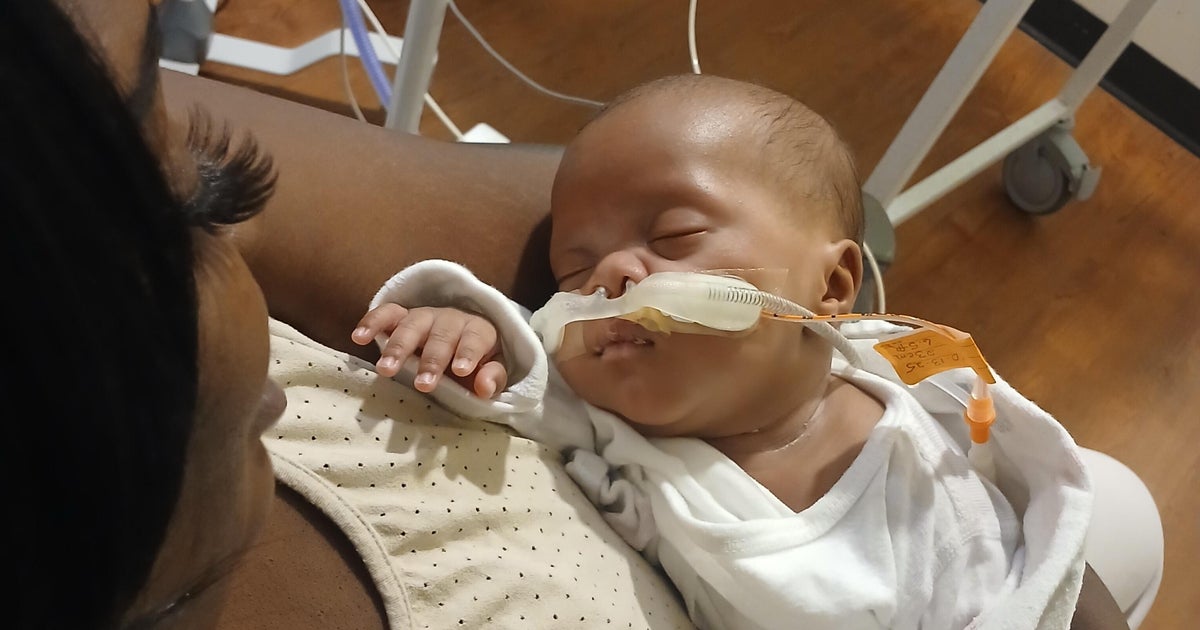McCandless man who lost his wife to postpartum depression hoping to reduce stigma
PITTSBURGH (KDKA) -- In the past, conversations surrounding postpartum depression were taboo, and while they've improved in recent years, there are still many misconceptions about the medical condition.
A McCandless man who lost his wife has made it his mission to reduce the stigma and raise awareness.
As Steven D'Achille looked at photos of his wife, Alexis, he was reminded of her compassion, empathy, and love.
"It's just a lot of great memories," Steven said. "More than anything, she always wanted to be a mom."
She had no issues getting pregnant and was excited to meet her daughter.
"The pregnancy was absolutely seamless. It was truly, you know, nine months of just celebrations," Steven said.
Then, in August 2013, the day came when they had Adriana. It was also the moment when everything changed for Alexis.
"I looked at Alexis in the bed, and it was like her eyes were glassed over, and it was like she was gone. She was never the same again," Steven said.
It started with a difficult delivery, with Adriana's umbilical cord wrapped multiple times around her neck. Alexis quickly spiraled into postpartum depression, PTSD, anxiety, and eventually, psychosis.
Six weeks after giving birth, she took her own life. Alexis was just 30 years old.
However, unlike many, Alexis did not suffer in silence.
"Nobody knew what to do with a woman like Alexis, and everywhere we went, we sat there, and it was like this big enigma," Steven said.
After some time passed, Steven created the Alexis Joy D'Achille Foundation to help others not feel lost and alone like Alexis did. He also played a major role in developing the Alexis Joy D'Achille Center for Perinatal Mental Health at Allegheny Health Network's West Penn Hospital, one of the first of its kind in the region.
"What we set out to do was to build the facility that I believed, if we had access to, could have saved Alexis's life," Steven said.
It's something that was desperately needed. Statistics show that one in seven new moms will experience postpartum depression.
So far, the center has treated more than 20,000 women, and while much has improved in the field, including the FDA approving a new postpartum drug, Steven said more work needs to be done.
"I hope that it evolves into something even bigger so that it could be a bigger change for women all around the world," Adriana said.
Adriana is now 11 years old. She's proud of her dad as he tries to prevent another family from going through the same tragedy.
"Everything is for her and my daughter," Steven said.
Maternal suicide is the leading cause of maternal mortality in the U.S. If you or someone you know needs support, call the Suicide and Crisis Lifeline at 988.
You can find more resources on the foundation's website here.







